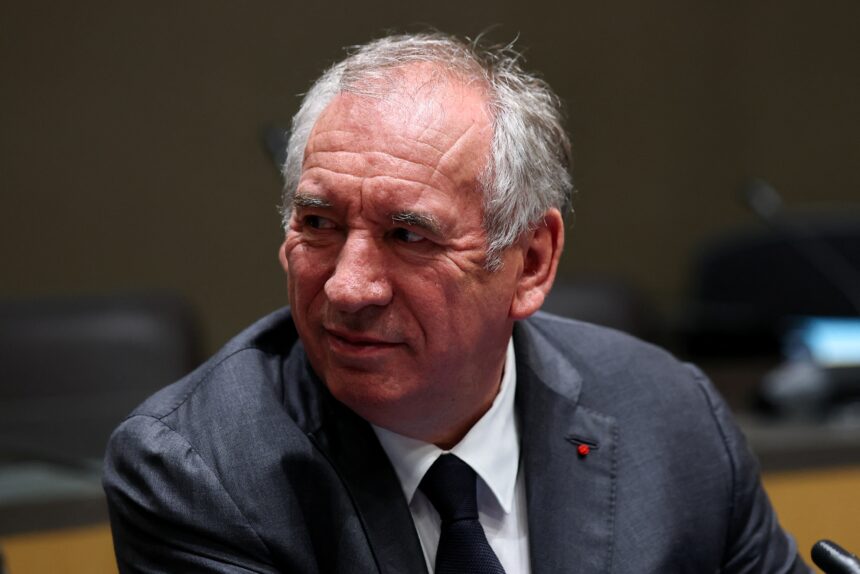French Prime Minister François Bayrou has been ousted by the parliament after the conclusion of a confidence vote on Monday, September 8, 2025.
This means France is experiencing the second government collapse in under a year.
Pan-Atlantic Kompass reports that François Bayrou, a 74-year-old centrist veteran and long-time ally of French President Emmanuel Macron was ousted as the Prime Minister after he called for a confidence vote over his bill which he said is aimed at curbing France’s ballooning €169 billion ($198 billion) budget deficit, which stands at 5.8% of GDP.
A total of 364 MPs voted against Bayrou, who has been in the job for just nine months, while 194 MPs voted for him after he called for the vote. The 364 votes against Bayrou were well above the 280-vote threshold needed to topple the government.
“In line with Article 50 of the constitution, the prime minister must resign from his government,” said Speaker Yael Braun-Pivet.
Bayrou will now be forced to step down after just nine months in office, following in the footsteps of his predecessor Michel Barnier, who lost a no-confidence vote last December.
Bayrou, the first premier in the history of modern France to be ousted in a confidence vote rather than a no-confidence vote, is also expected to submit his resignation on Tuesday morning.
This also means that Bayrou will become the sixth prime minister under Macron since his 2017 election, but the fifth since 2022.
Reacting to the development, François Bayrou told the National Assembly, “The biggest risk was not to take one, to let things continue without anything changing… and have business as usual.”
Describing the debt pile as “life-threatening” for France, Bayrou said his government had put forward a plan so that the country could “in a few years escape the inexorable tide of debt that is submerging it.”
“You have the power to bring down the government, but you do not have the power to erase reality.
“Reality will remain relentless: expenses will continue to rise, and the burden of debt, already unbearable, will grow heavier and more costly.
“We broke the social contract” with younger generations, Bayrou added.
In other developments, Macron is now facing a decision of choosing to appoint a seventh prime minister or call snap elections in a bid to have a more accommodating parliament.
However, reports emerging suggested that Macron will appoint a new prime minister in a “matter of days.”
Also, Marc Fesneau of the Democratic Movement, Bayrou’s party, has just given a quick statement reacting to the French prime minister’s ousting.
He said “we have to find the ways and means to solve the problems”, adding that French people “don’t want a debate… they want us to work for them. We have to find ways to compromise and find common ground”.
He added that he hopes the Democratic Movement party can build something “without the extremes”.
“There are people who want chaos, who want to block economic activity, who won’t allow the country to get out of an economic crisis. That is not our position, we are for responsibility and truth,” Fesneau says in front of a large press pool.
A political analyst, Alexandre Kouchner, who also reacted to the development, said: “It means that even from within the central coalition, probably from the conservatives – Les Républicains – some MPs voted against Bayrou.
“This means that within the presidential coalition, there are already clear cracks and divides, which sort of muddies the water even more.”





